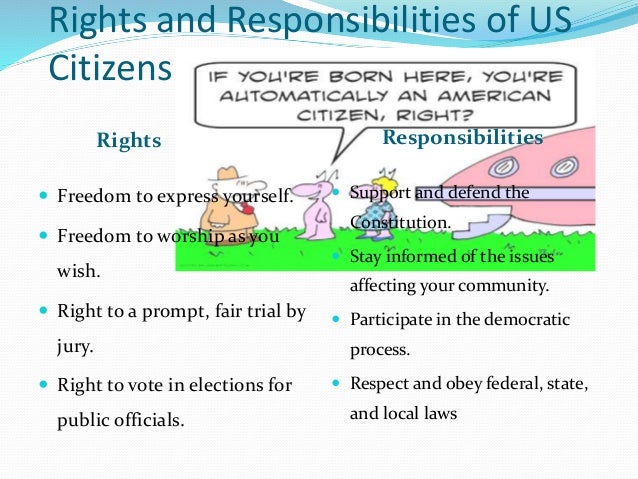Responsibilities of citizenship are not always clear-cut. Some are legally binding, while others are more ethical, civic duties. Understanding which responsibilities are mandatory and which are discretionary can help you make informed decisions and actively participate in your community.

Image: amazonia.fiocruz.br
Mandatory Responsibilities: A Legal Obligation
The government bestows certain rights and privileges upon citizens, but these come with a set of mandatory responsibilities. Top among these is abiding by the law of the land. Citizens are legally obligated to adhere to local, state, and federal laws, ensuring the stability and order of society. Failure to comply can result in severe consequences.
Another essential mandatory responsibility is paying taxes. Citizens must contribute a portion of their income towards public funds used to support essential services like healthcare, education, and infrastructure. This obligation helps the government provide these benefits and supports the common good.
Discretionary Responsibilities: Moral and Civic Duty
Beyond the legal requirements, there are a range of discretionary responsibilities that citizens may choose to adopt as moral or civic obligations. Voting in elections is a quintessential right of citizenship and a meaningful way to engage with government and shape the decisions that affect everyone. Citizens play an important role in preserving democracy and making their voices heard by exercising their right to vote.
Tips & Expert Advice

Image: www.slideserve.com
Comprehensive FAQ
A: Adhering to the law of the land and participating in elections are necessary, but the most important responsibility is arguably social responsibility, striving to contribute to the community in a positive way.
A: While voting is a fundamental right, it’s not mandatory. However, exercising this right is essential for a functioning democracy and allows citizens to have a voice in shaping their country’s future.”
A: Active involvement in local organizing, advocacy work, volunteerism, and raising awareness on crucial issues are among the various impactful ways citizens can shape change without directly involving in politics.
Which Of These Responsibilities Of Us Citizenship Is Considered Mandatory
Call to Action
The journey of active citizenship may have its challenges, but the fulfillment and impact one can achieve are immense. As responsible members of our communities, let’s embrace our essential roles. Let’s navigate the responsibilities – both mandatory and discretionary – with a commitment to betterment, shaping a more just, sustainable, and inclusive world.
Are you ready to explore the meaningful experiences and transformative actions that active citizenship offers? The journey starts with you. Get involved, engage with your community, and make a lasting difference. Your voice matters! Join us in continuing the conversation . What responsibilities do you believe are fundamental to citizenship? Share your perspectives. Together, we can empower ourselves to shape a brighter future!
